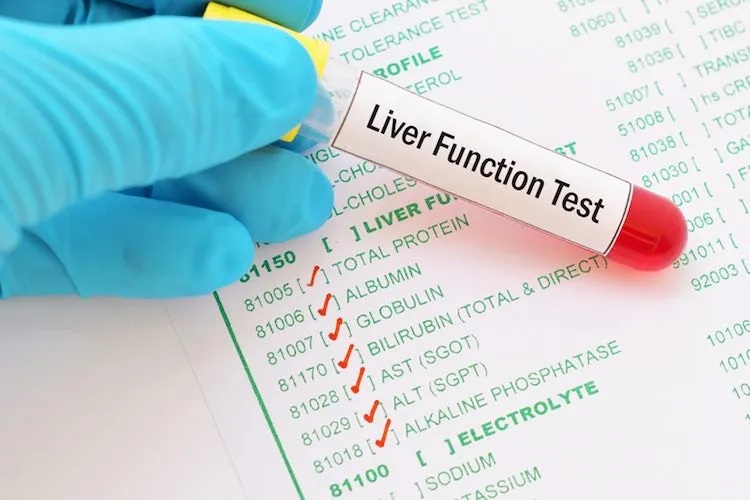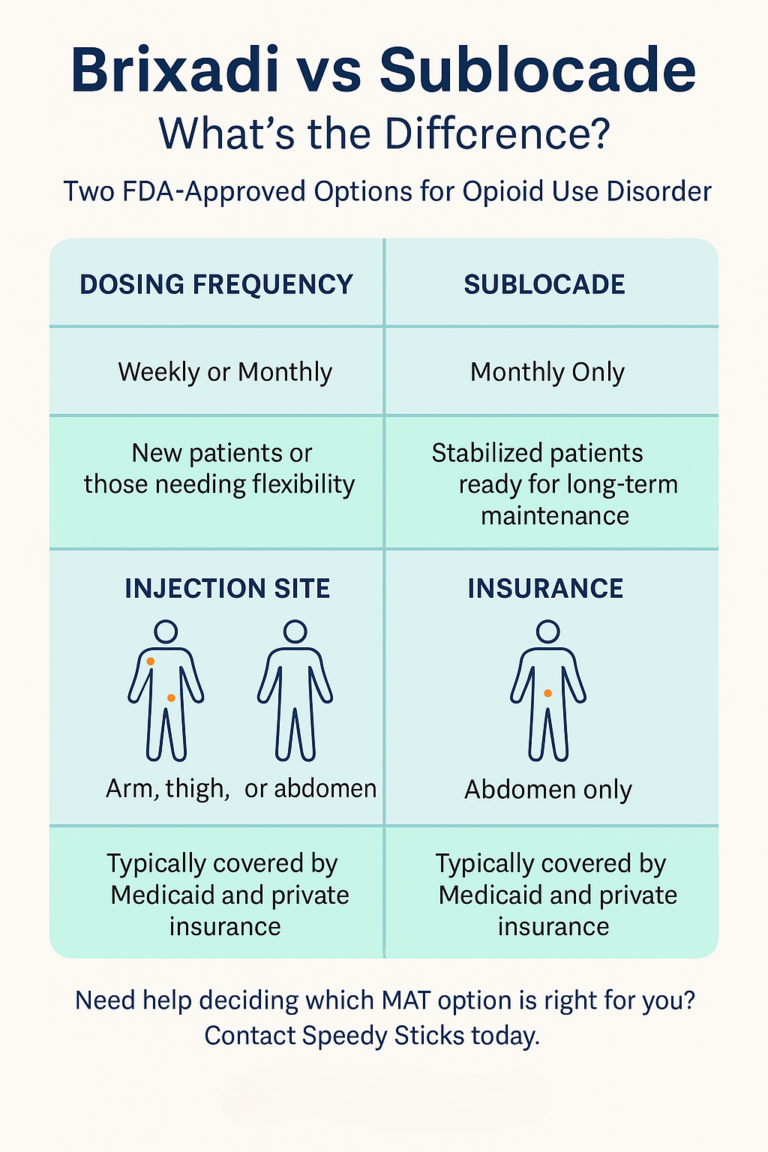
Blood test for liver function: The Liver is an essential organ in the human body responsible for performing numerous vital functions. Understanding the significance of liver function and identifying potential liver problems is crucial for maintaining overall health and well-being. In this article, we will explore the importance of liver function, common liver disorders, and the crucial blood test for assessing liver health.
Understanding the Importance of Liver Function
The Liver is the largest internal organ located in the upper right side of the abdomen. It plays a vital role in various bodily processes, including:
- Metabolism
- Detoxification and
- Nutrient storage
The liver filters toxins, metabolizes drugs, produces bile for digestion, and synthesizes essential proteins. Without proper liver function, the body can face severe health complications.
Common Liver Disorders
Several liver disorders can impact its function and lead to significant health issues.
Hepatitis, inflammation of the liver caused by viruses or excessive alcohol consumption, can result in long-term damage if left untreated. Cirrhosis, a progressive scarring of the liver, can develop from chronic liver diseases such as hepatitis or excessive alcohol abuse. Fatty liver disease, characterized by an accumulation of fat in liver cells, is also a common concern.
Say Goodbye To Waiting Rooms And Long Lines. Speedy Sticks offers at-home testing.
Identifying Liver Problems
Liver dysfunction can manifest through various symptoms. These include:
- Fatigue
- Jaundice (yellowing of the skin and eyes)
- Abdominal pain
- Nausea and
- Changes in urine and stool color
However, since these symptoms can also be associated with other health conditions, conducting specific tests is crucial for accurate diagnosis.
The Crucial Blood Test for Liver Function

To assess liver function, healthcare professionals often rely on a set of blood tests known as liver function tests (LFTs). These tests measure the levels of enzymes and other substances in the blood that indicate liver health and function. The most commonly analyzed liver enzymes include:
- Alanine aminotransferase (ALT)
- Aspartate aminotransferase (AST) and
- Alkaline phosphatase (ALP)
- Abnormal levels of these enzymes may indicate liver damage or disease.
Preparing for a Liver Function Test
Before undergoing a liver function test, it is important to follow any fasting requirements provided by the healthcare professional. Fasting helps ensure accurate results as it eliminates potential interference from recently consumed food. Additionally, certain medications and herbal supplements may affect liver function test results, so it’s essential to inform your doctor about any medications you are taking.
Where To Get Tested?
Say Goodbye To Waiting Rooms And Long Lines. Speedy Sticks offers at-home testing.
Interpreting Liver Function Test Results
Liver function test results are typically reported as levels of specific enzymes and other blood markers. Normal ranges vary slightly depending on the laboratory conducting the tests. Elevated levels of liver enzymes can indicate liver damage, infection, or other liver disorders. However, it’s important to note that abnormal results do not provide a definitive diagnosis and further evaluation may be required.
Seeking Medical Guidance and Treatment
If you experience persistent symptoms of liver dysfunction or receive abnormal liver function test results, it is crucial to consult a healthcare professional. They can provide an accurate diagnosis, determine the underlying cause, and recommend appropriate treatment options. Treatment may involve lifestyle changes, medications, or specialized interventions, depending on the specific liver disorder.
Lifestyle Changes for Optimal Liver Function
Maintaining a healthy lifestyle is key to promoting optimal liver function and overall well-being.
- A balanced diet that includes a variety of fruits, vegetables, lean proteins, and whole grains supports liver health
- Limiting alcohol consumption is essential, as excessive drinking can cause significant damage to the liver over time
- Regular exercise and weight management also contribute to liver health by reducing the risk of fatty liver disease and other associated complications.
Conclusion
Your liver plays a vital role in maintaining your overall health and well-being. Understanding the importance of liver function and recognizing potential liver problems can help you take proactive measures to protect this crucial organ. Regular liver function tests are essential for assessing liver health and detecting any abnormalities early on. By seeking medical guidance, making necessary lifestyle changes, and prioritizing liver health, you can ensure the well-being of your liver and promote a healthy life.
Say Goodbye To Waiting Rooms And Long Lines. Speedy Sticks offers at-home testing.








